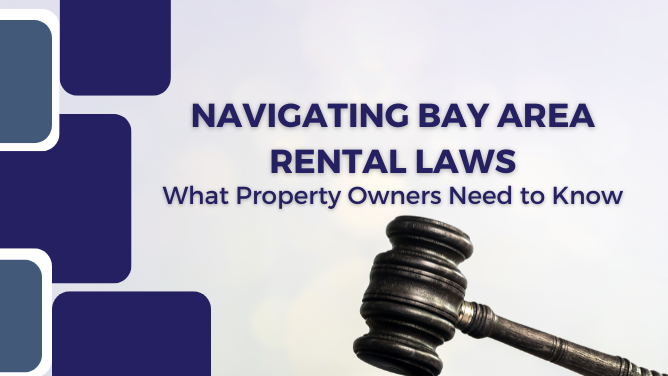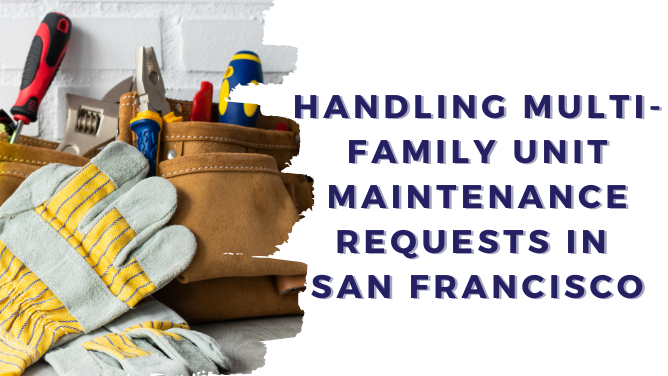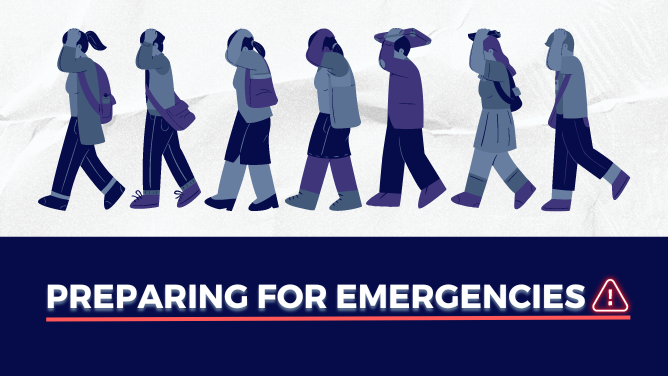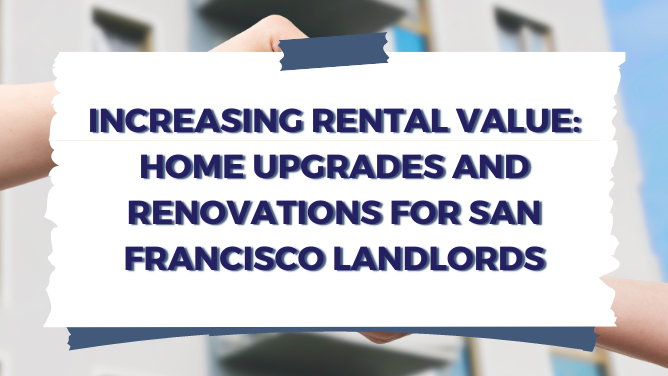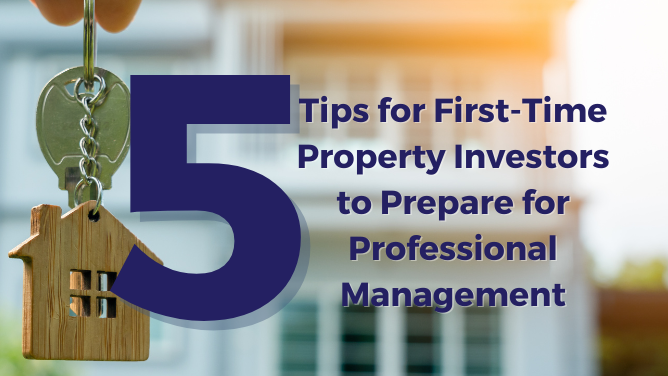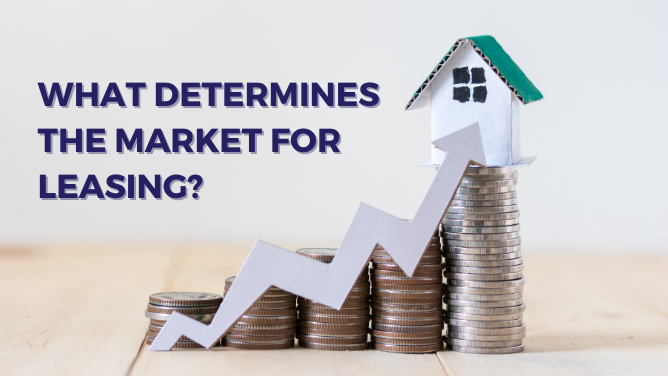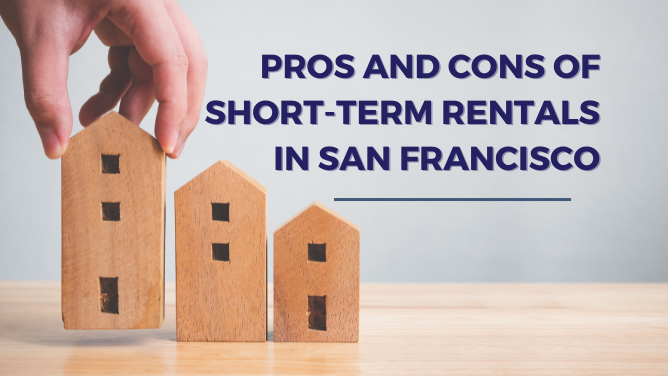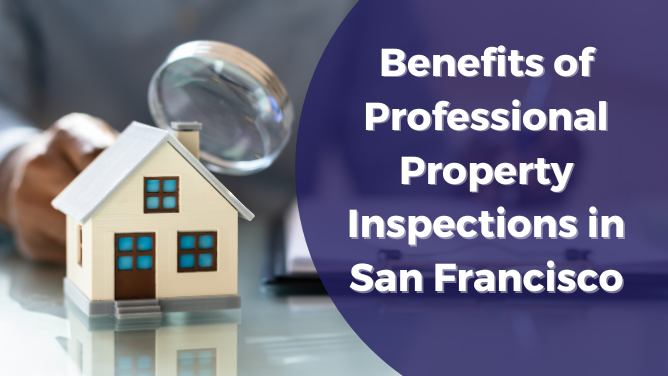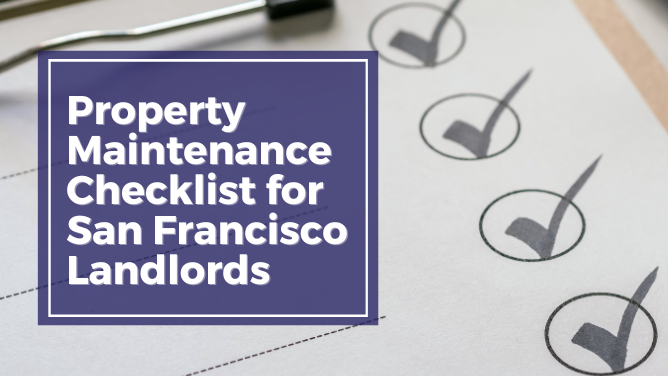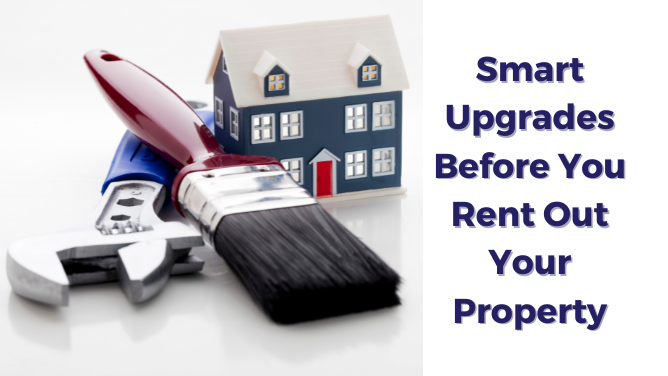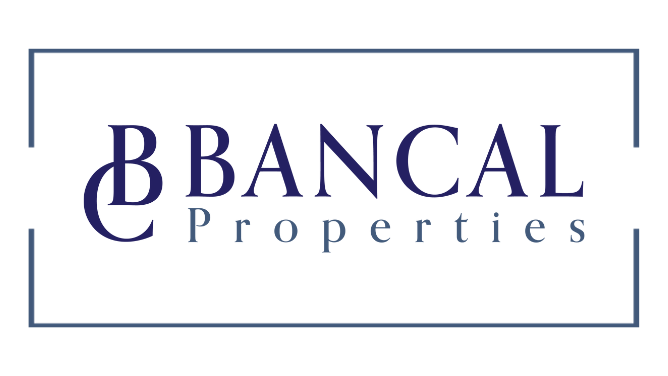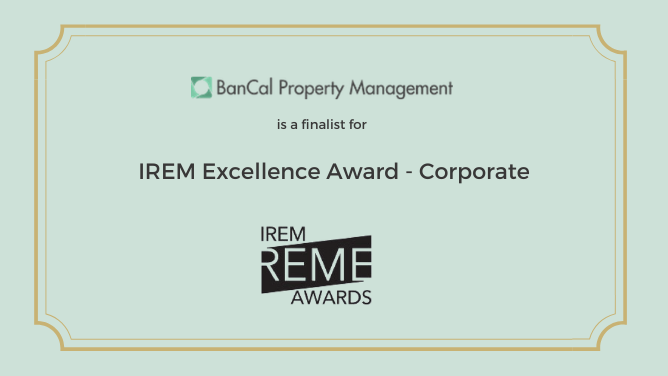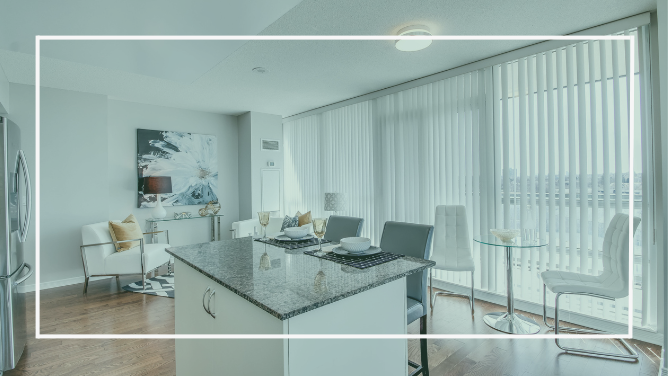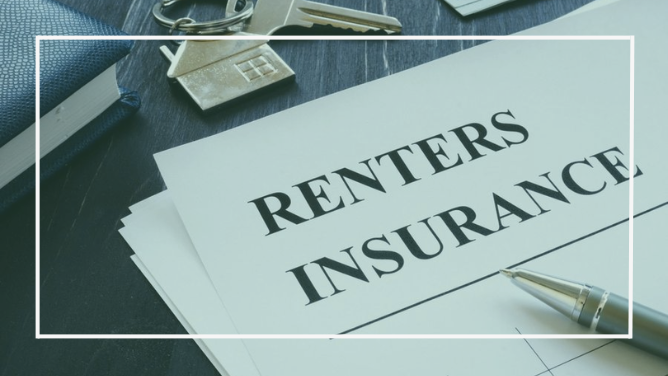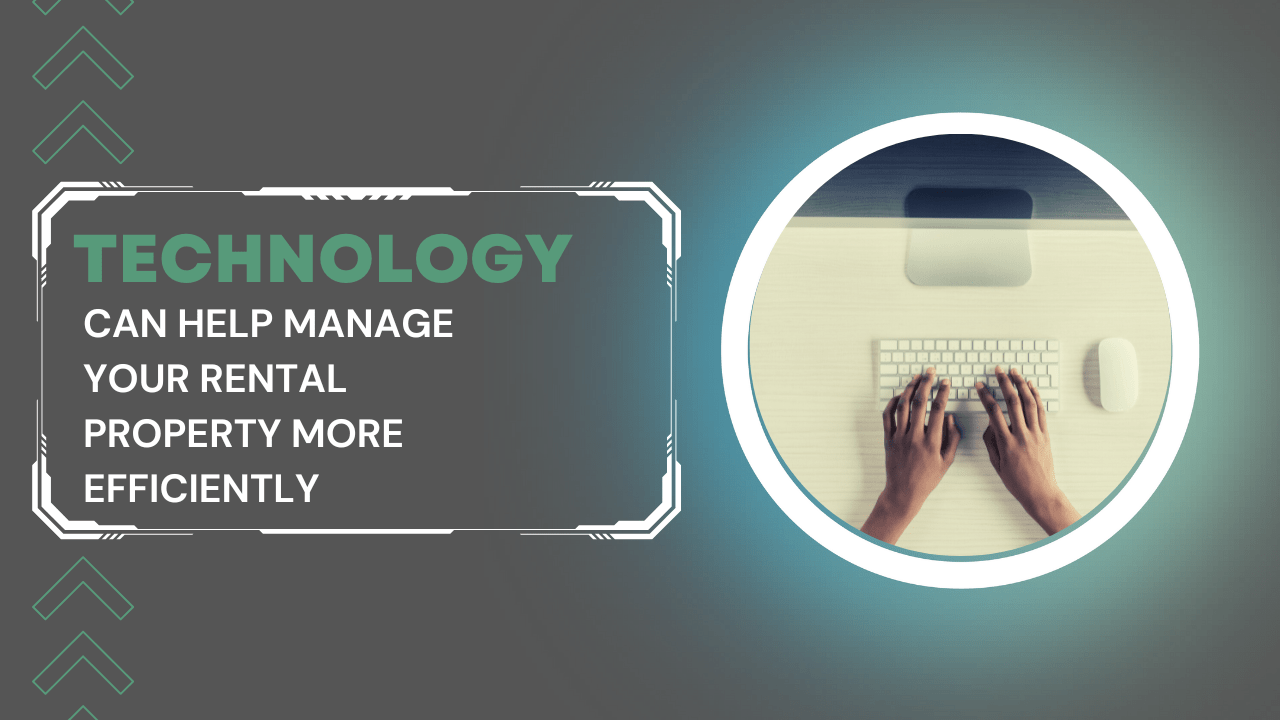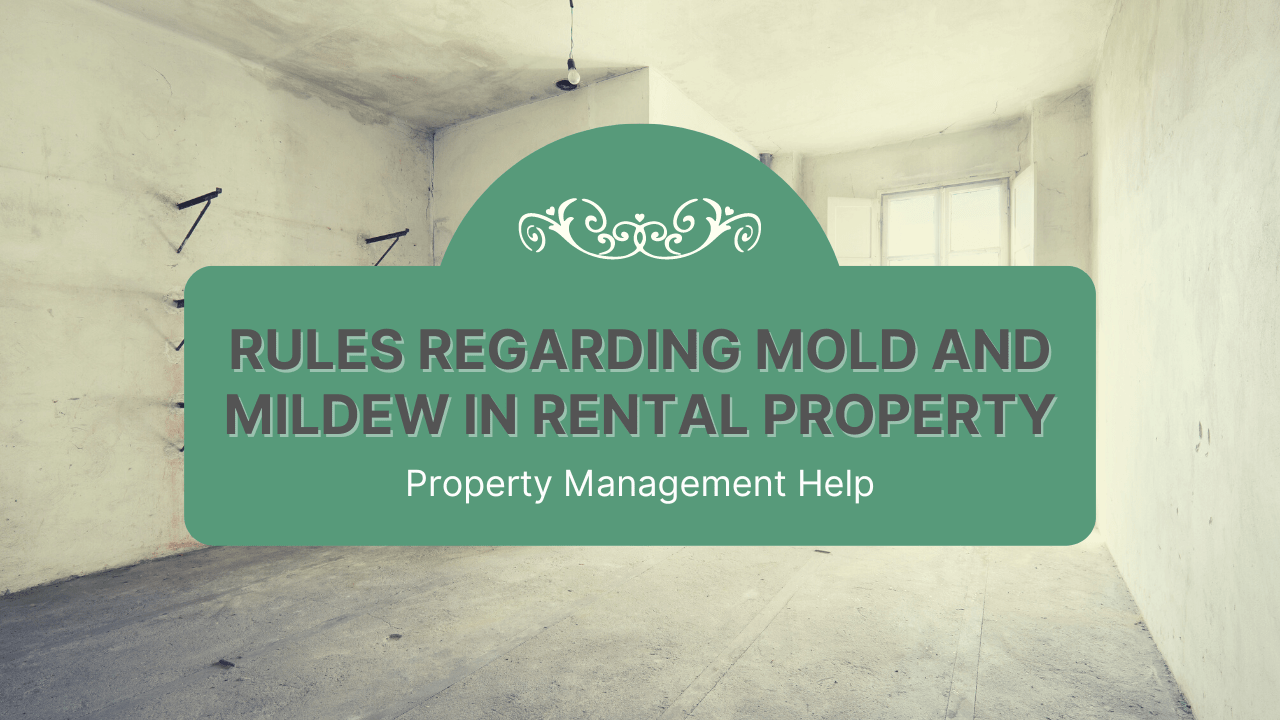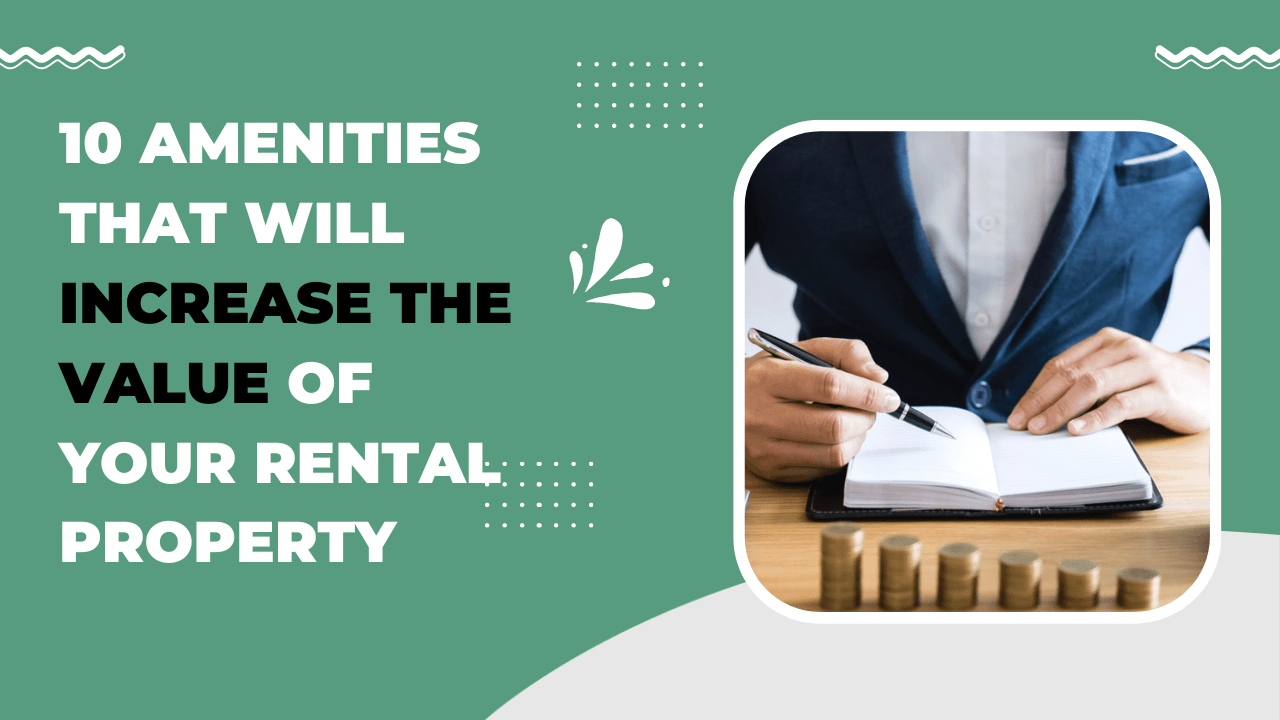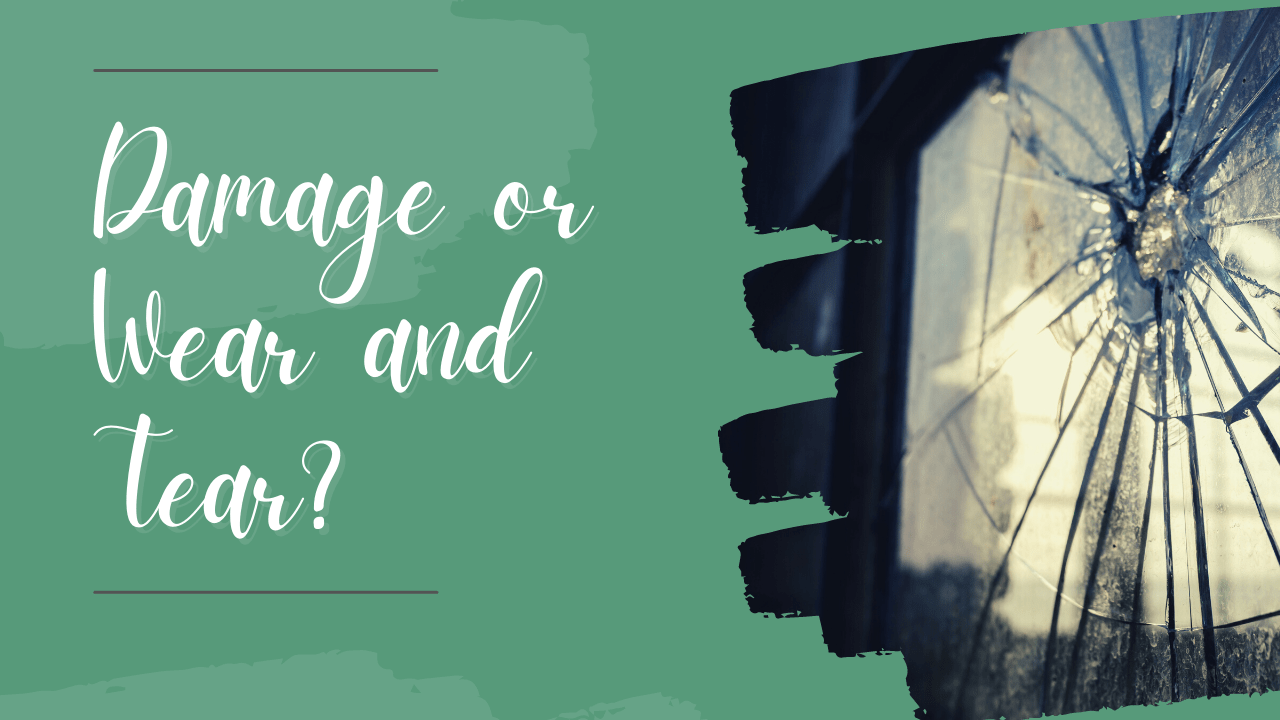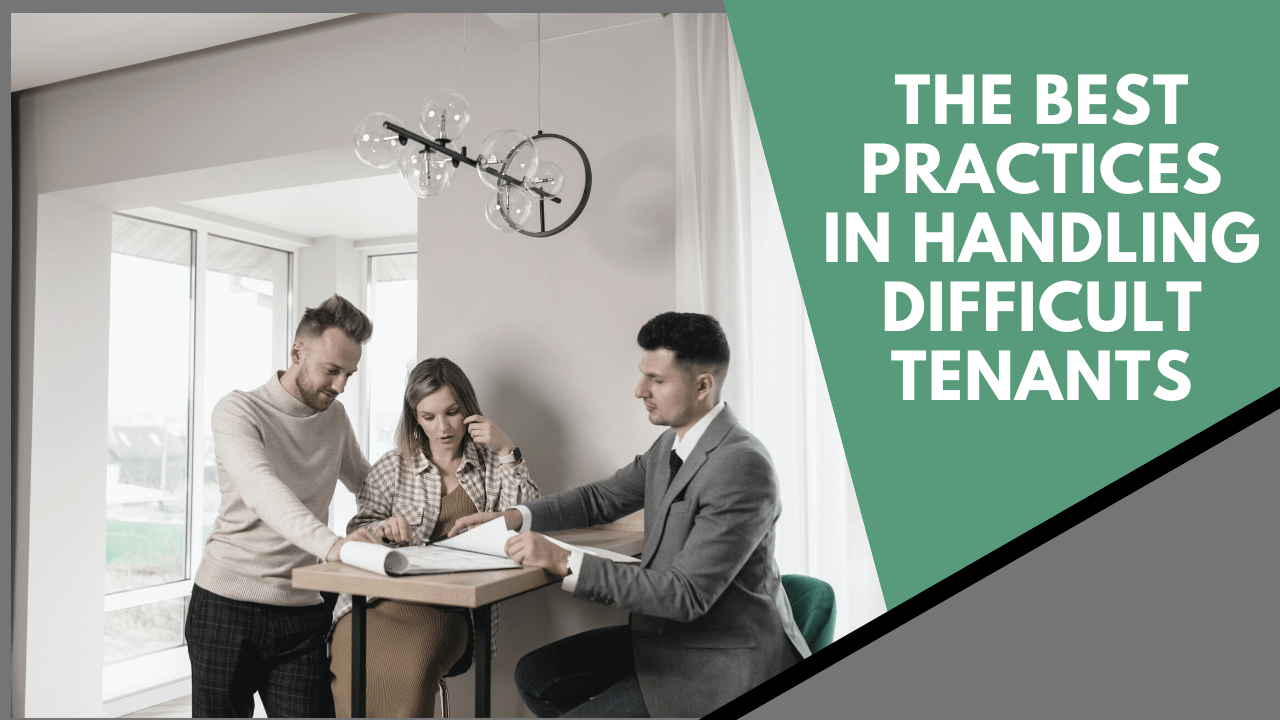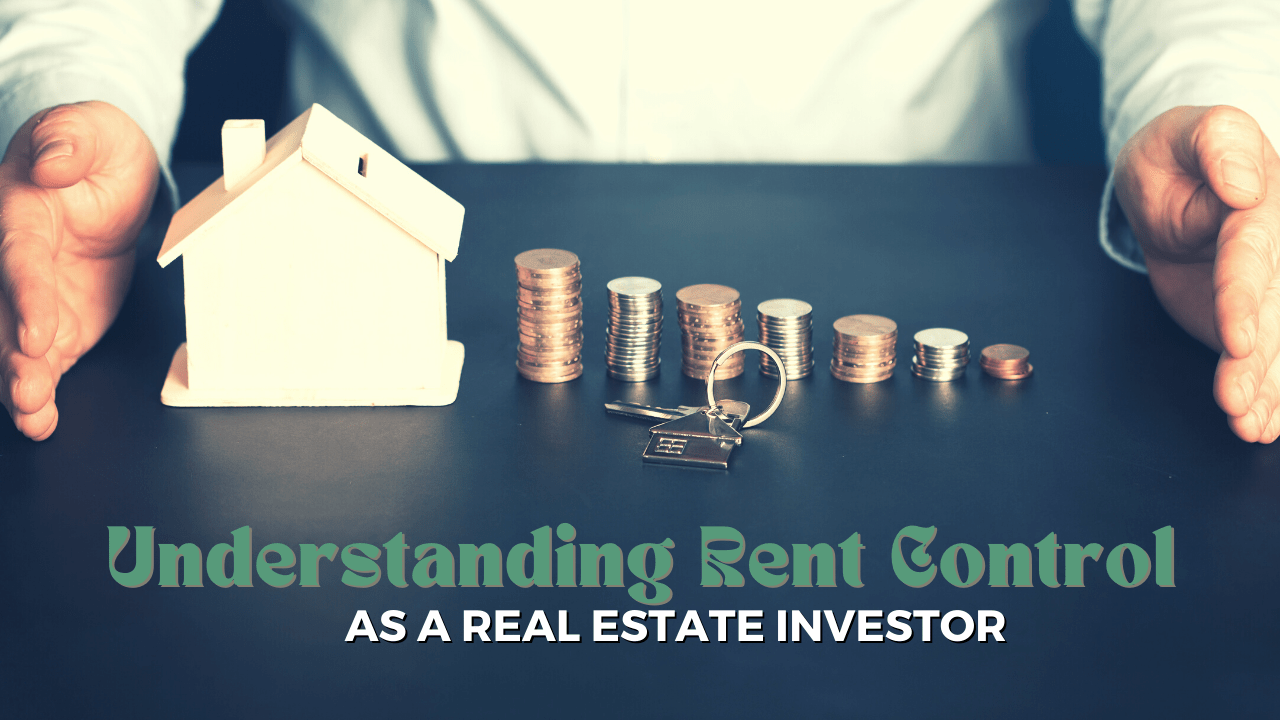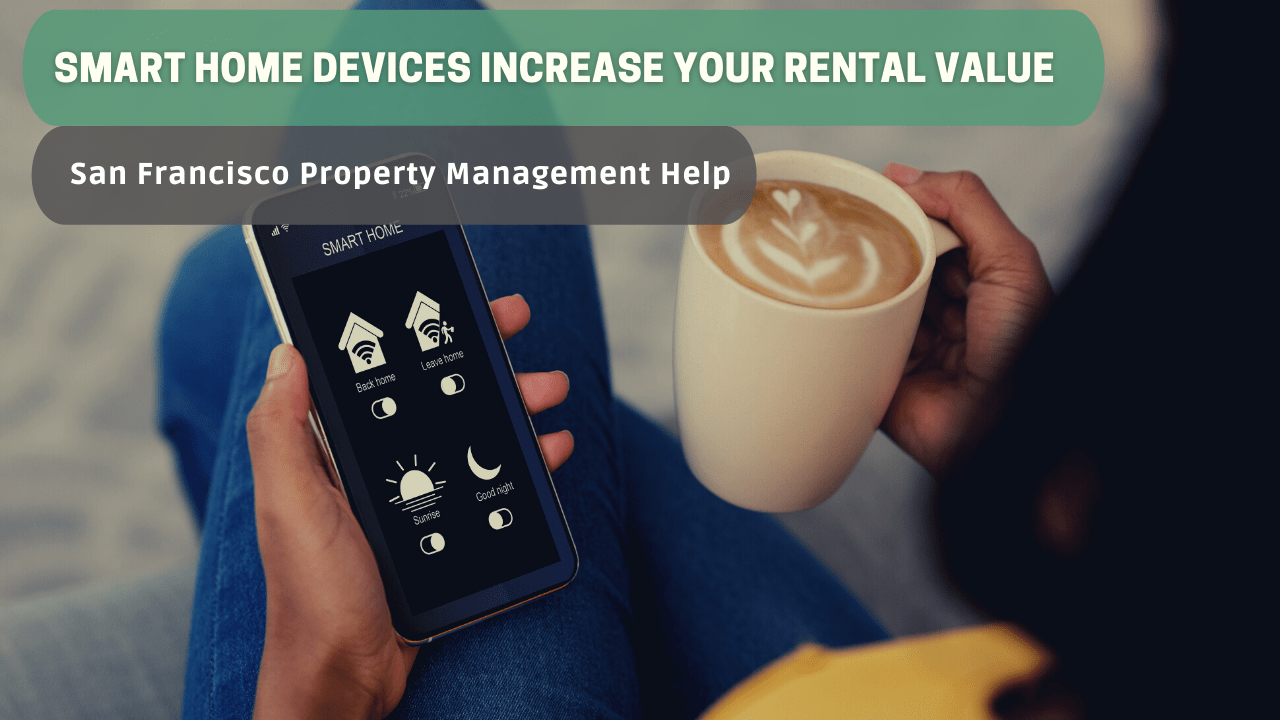Why Proactive Property Maintenance Matters for Long-Term Value
Beyond preventing unexpected repairs, regular check-ups on roofing, plumbing, and HVAC systems also contribute to significant cost savings by minimizing emergency breakdowns. However, proactive maintenance is the key to preserving long-term value, reducing costs, and ensuring tenant satisfaction. By addressing small issues before they become major problems, property owners can avoid costly surprises, maintain regulatory compliance, and enhance their asset’s worth.

Preventing Unexpected Major Repairs
One of the biggest advantages of proactive maintenance is catching minor issues before they escalate into costly repairs. If left unattended, a small leak in a roof or plumbing system can lead to extensive water damage, mold growth, or structural deterioration. Routine inspections and scheduled maintenance help identify and address these concerns early, preventing financial headaches down the road. Additionally, preventative maintenance extends the lifespan of essential systems, saving owners from frequent replacements.
Regular check-ups on roofing, plumbing, and HVAC systems can significantly reduce repair costs. For instance, a yearly inspection of heating and cooling units ensures they run efficiently, preventing unexpected breakdowns during peak seasons. Similarly, clearing gutters and checking for foundation cracks help protect a property from severe weather-related damage.
Maintaining Regulatory Compliance
Property owners must comply with local building codes, safety regulations, and landlord-tenant laws. Neglecting maintenance can lead to violations, hefty fines, or legal disputes. Regular upkeep of essential systems—such as fire alarms, HVAC, plumbing, and electrical wiring—ensures the property remains up to code, providing tenants with a safe and legally compliant environment.
Failing to meet these requirements could result in penalties or even legal action, damaging a property owner's reputation and investment. Staying ahead of compliance through routine inspections and updates is a key component of responsible property ownership.
Reducing Long-Term Costs
Many landlords and property managers delay maintenance to save money, but this often backfires. Neglected maintenance results in higher repair costs over time. For instance, regularly servicing an HVAC system extends its lifespan and prevents expensive breakdowns. The same principle applies to roofs, plumbing, and electrical systems—routine care minimizes the risk of premature replacements and emergency repairs.
Investing in energy-efficient solutions, such as LED lighting, smart thermostats, and water-saving appliances, can also lead to significant cost savings over time. These upgrades reduce utility costs while making properties more attractive to environmentally conscious tenants.
Increasing Property Value
A well-maintained property retains and even increases its market value over time. Whether you plan to sell or hold onto the property, consistent upkeep makes it more attractive to potential buyers and renters. Features like a freshly painted exterior, well-maintained landscaping, and functional amenities add curb appeal and increase property appraisals.
Additionally, proactive maintenance prevents depreciation, keeping the property competitive in the market. Well-maintained buildings attract better tenants, command higher rents, and contribute to a strong return on investment.
Enhancing Tenant Satisfaction and Retention
Happy tenants lead to fewer vacancies and more consistent rental income. When property owners prioritize maintenance, they create a safe and comfortable living environment. Quick responses to maintenance requests, well-kept common areas, and functional amenities encourage tenants to renew their leases instead of seeking other options. A positive reputation for property upkeep can also attract responsible, long-term renters.
Providing modern conveniences, such as high-speed internet, secure entry systems, and energy-efficient appliances, enhances tenant satisfaction. Regular inspections and proactive communication about upcoming maintenance helps build trust and keeps tenants engaged.
The Role of Professional Project Management
Managing property maintenance efficiently requires expertise and organization. Professional project management ensures that maintenance tasks are handled on schedule, within budget, and according to industry best practices. Skilled property managers coordinate inspections, repairs, and vendor relationships, reducing the burden on property owners while ensuring top-tier maintenance. Investing in professional management enhances the property’s longevity and value, providing peace of mind to owners and investors.
Property managers also offer emergency response services, ensuring tenants receive immediate assistance during urgent situations. By leveraging expert resources and connections, they can secure quality repairs at competitive rates, maximizing cost efficiency for property owners.

Final Thoughts
Proactive property maintenance is not just about fixing things—it’s about preserving and enhancing the value of an asset. Regular upkeep prevents expensive repairs, maintains compliance, lowers long-term costs, increases property value, and keeps tenants satisfied. With the support of professional property management, landlords can ensure their investment remains profitable and desirable for years to come.
For expert property management and proactive maintenance solutions, BanCal Properties is here to help. Our experienced team ensures your property stays in top shape, maximizing its value and providing hassle-free management. Contact us today to learn how we can support your investment.








